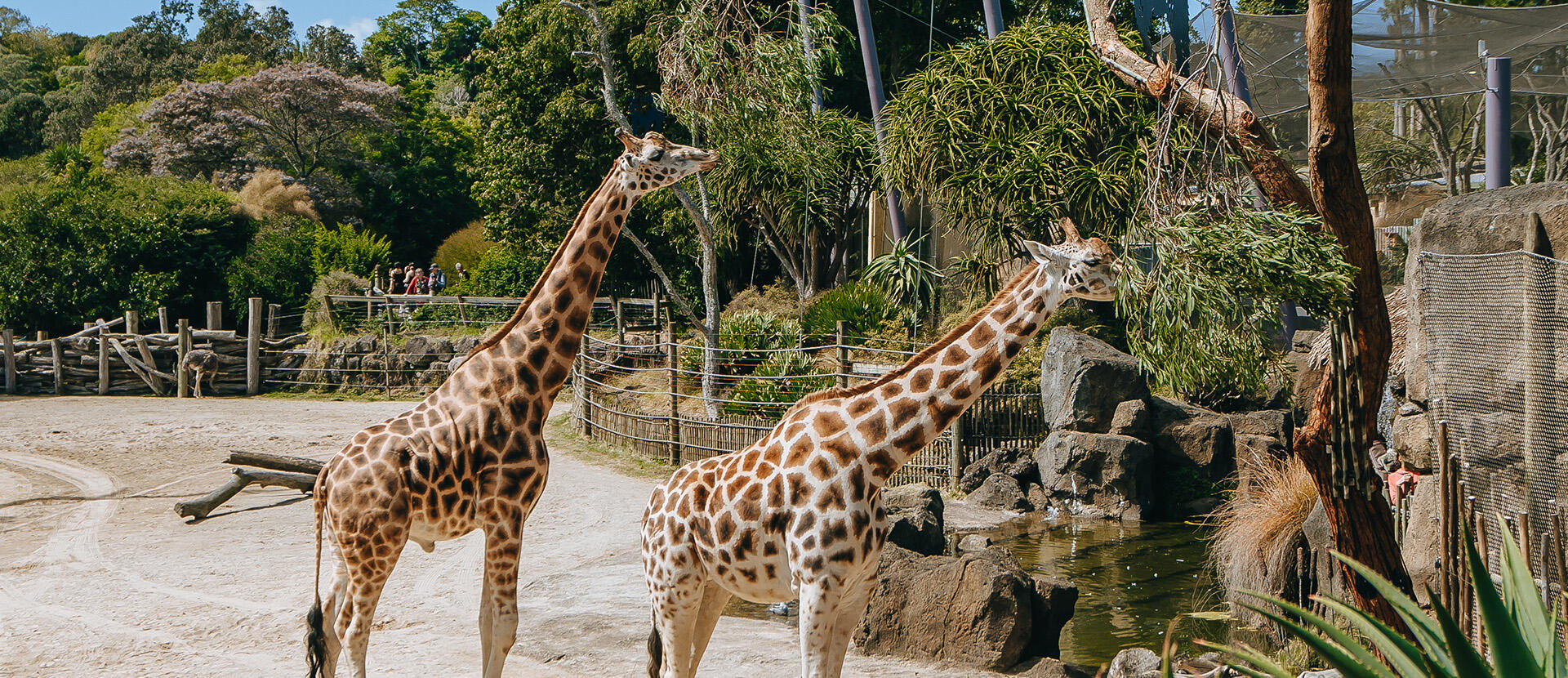Year 9 & 10
Science – Living World:
Life Processes: identify the key structural features and functions involved in the life processes of plants and animals
Ecology: investigate the interdependence of living things (including humans) in an ecosystem
Nature of Science: understanding about science
Year 11
Science – Living World
Life Processes: relate key structural features and functions to the life processes of plants, animals and microorganisms and investigate environmental factors that affect these processes
Biology 90929 (1.5) – demonstrate biological ideas relating to a mammal(s) as a consumer(s)
Year 12
Life Processes: explore diverse ways in which animals and plants carry out life processes
Biology 91155 (2.3) – demonstrate understanding of adaptation of plants and animals to their way of life
Year 13
Life processes: understand the relationship between organisms and their environment
Biology 91603 (3.3) – demonstrate understanding of responses in plants and animals to their external environment


